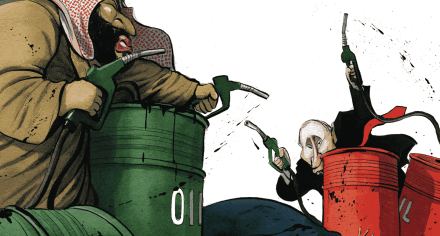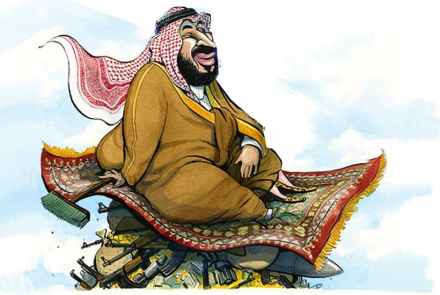Is Biden ready to let MBS get away with murder?
President Joe Biden will have only himself to blame if he feels a little uncomfortable this week when he sits down with the man who runs Saudi Arabia, Crown Prince Mohammed ‘Bone Saw’ bin Salman (MBS). After the CIA accused MBS of ordering the murder of the dissident journalist Jamal Khashoggi – dismembered with a bone saw – Biden said Saudi Arabia had ‘no redeeming social feature’ and should be made ‘a pariah’. This was a satisfying bit of moral posturing during a presidential election campaign, but costly now, in a world where Americans are paying $5 a gallon for gas and Russia is funding its war in Ukraine by






